9 Ways to Make Your Sleep More Efficient

(Photo: Stocksy)
Whether its learning when to drink coffee, getting more sun, or eating smaller meals, these nine tricks will help you make your sleep more efficient, effective, and work harder for you during the daylight hours.
Have a Daily Bedtime
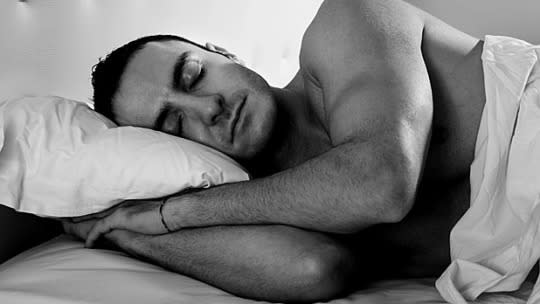
(Photo Courtesy of Dario Lo Presti / Getty Images)
Pick a time to go to bed you can stick with on a consistent basis. Allow yourself 15 minutes to actually fall asleep and set your alarm for a time that gives you an amount as close as possible to your new prescribed quota and that will still coincide with the end of a full 90-minute sleep cycle (e.g., if you need seven hours of sleep and go to bed at 11:30, set the alarm for 7:15 a.m., for five complete cycles.)
Related: 10 Tips to Get the Best Night’s Sleep
Stop Sleeping In
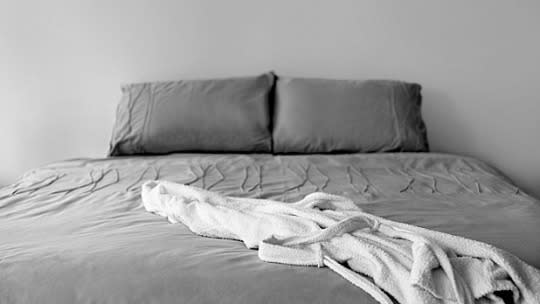
(Photo Courtesy of Getty Images)
Don’t sleep in if you can help it. Almost more than actual sleep, your body craves consistency and not being woken up in the middle of a sleep cycle. If you’re up late, set your alarm for your usual time and try to get as many uninterrupted cycles as possible; try to take a nap the afternoon before or after.
Embrace the Sun
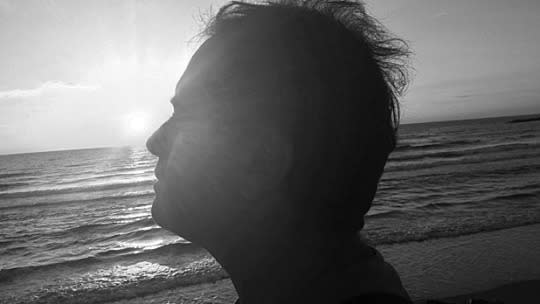
(Photo Courtesy of Getty Images)
In the morning, spend ten minutes in direct sunlight to start your internal clock on schedule. This is key for setting a sleep schedule and, studies have shown, may help with sports performance, weight loss, and even cancer prevention.
Related: 7 Worrisome Facts About Caffeine
Eat Smaller Meals
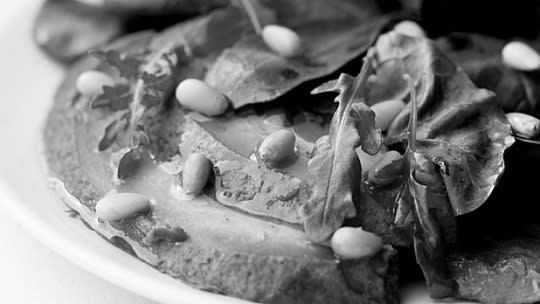
(Photo Courtesy of Getty Images)
If you’re feeling fatigued during the day, consider eating smaller meals. Digestion is the top drain on energy, and nutritionists commonly report that grazers tend to have more energy.
Drink Coffee
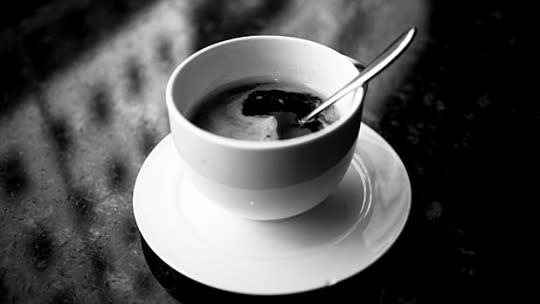
(Photo Courtesy of Getty Images)
If you’re tired after your morning routine, drink coffee. It’s the preferred alertness aid for presidents and generals, has a longer safety record than drugs like Provigil, and numerous proven health benefits.
Exercise: Make Your Sleep More Efficient

(Photo Courtesy of Getty Images)
A University of Washington study found that people who ran or walked at least 40 minutes three times a week experienced longer periods of deep sleep. And don’t worry about when you exercise: Another study from Arizona State University found that there was zero difference in sleep quality between people who worked out within four hours of going to bed and those who vegged out on the couch all evening.
Related: 8 Signs You Might Have a Sleep Disorder
Take a Power Nap
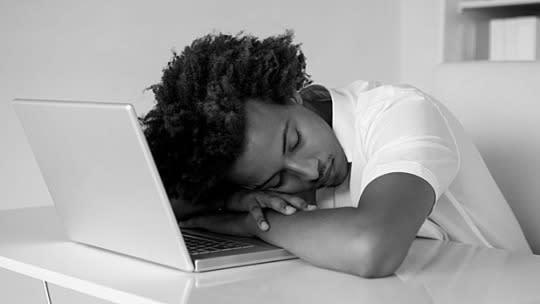
(Photo Courtesy of Getty Images)
To take a classic ten-minute power nap, Kirsty Kerin, a sleep researcher with Circadian Technologies, suggests:
Find a cool, dark place that has white noise, like a fan or computer hum. Set an alarm clock for 15 minutes later. Take deep, slow breaths and let your mind wander. If you don’t fall asleep within five minutes, you probably don’t need the nap.
Have a routine, like taking off your shoes and turning off the ringer on your phone, that you do every time before you nap. And remember, some researchers say napping is addictive, so you may not want to do this every day – unless, like Churchill, you can plan your cabinet meetings around your naps.
Related: 10 Bedtime Rituals for Better Sleep
Take a 90 Minute Nap
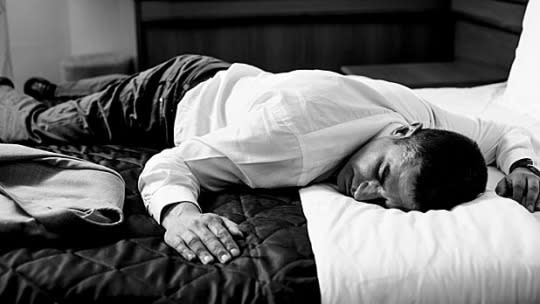
(Photo Courtesy of Mladen Mitrinovi / Getty Images)
According to a recent Harvard study a 90-minute nap can produce as much improvement in memory and learning as a full night’s sleep. Even very brief naps can be effective. (Just don’t wake up after 20 minutes and before 90, or you’ll be interrupting deep sleep.)
Embrace Darkness
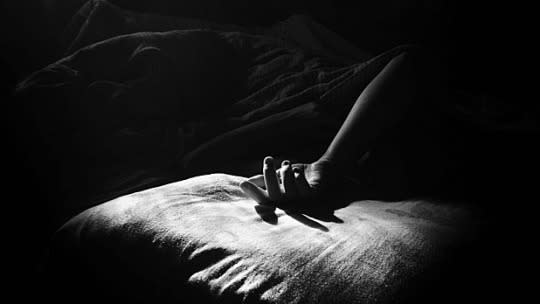
(Photo Courtesy of Steven Beijer / Getty Images)
This one’s simple: Keep your bedroom dark, quiet, and cool, and try not to do anything else there but sleep and have sex.
More from Men’s Journal:

